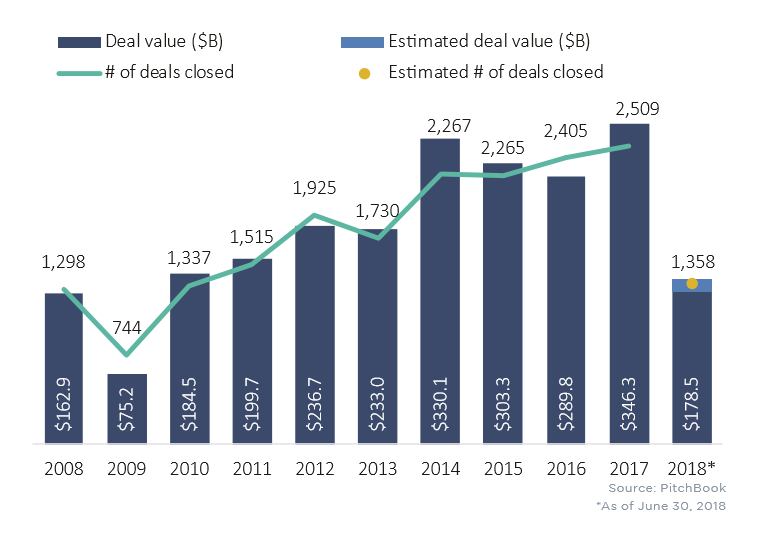Esure founder Sir Peter Wood will make more than £360m from selling the insurance group to private equity firm Bain Capital in a £1.2bn deal.
Shares in the company, which owns Sheilas’ Wheels and GoCompare, shot up more than 30 per cent on Monday after the firm revealed it was in talks with US-based Bain.
The unsolicited bid of 280p per share represents a premium of 37 per cent on the share price before the offer was made. However, it is below the float price of 290p when it launched on the London Stock Exchange in 2013.
If the deal completes, esure will become a private company and its shares will no longer be traded on the stock market.
Sir Peter, who holds approximately 30.69 per cent of esure’s stock, will receive around £368m, but has also pledged to reinvest £50m in the business.
He will also continue as chairman of the firm – Bain said that due to his “extensive experience in the insurance sector and track record of driving growth and profitability at esure”, Sir Peter’s ongoing participation was “an important element of the offer”.
Sir Peter, who pocketed £198m when esure first floated three years ago, said the deal was “a great outcome for shareholders, for the company, and for customers”.
“As a private company and with Bain Capital’s backing, esure will be able to invest behind the innovation required to fully realise the opportunities in this market,” he added.
Robin Marshall, managing director and co-head of Bain Capital Europe, said: “Sir Peter Wood is a towering figure in the industry and we would be delighted to be able to take the company that he and his team have built to the next level. We are excited that he will remain a minority shareholder in the company and also grateful that he will remain as Chairman to facilitate a smooth transition to private ownership.”

